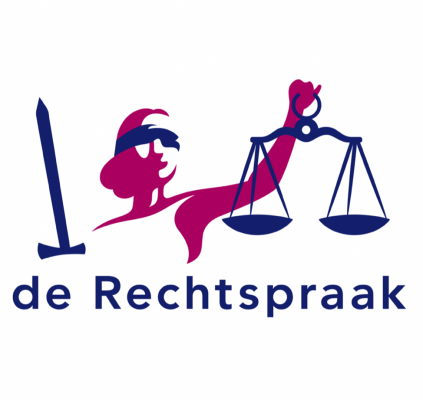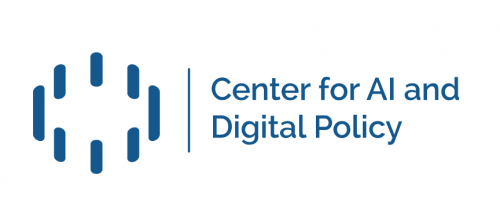As part of a settlement with the photo app firm Everalbum, the US Federal Trade Commission has required the company to “delete models and algorithms it developed by using the photos and videos uploaded by its users.”
The FTC settlement arises from allegations that the company deceived consumers about its use of facial recognition technology and its retention of the photos and videos of users who deactivated their accounts. Everalbum, Inc. must also obtain consumers’ express consent before using facial recognition technology on their photos and videos.
Several AI experts noted the significance of the FTC decision. Professor Mireille Hildebrandt tweeted that there are “major potential implications for much facial recognition software, and other ‘AI’ built on unlawfully processed personal data.”
In a separate statement, FTC Commissioner Chopra urged the Commission to go further. He wrote, “Today’s facial recognition technology is fundamentally flawed and reinforces harmful biases. I support efforts to enact moratoria or otherwise severely restrict its use.”
In 2012, I urged the FTC to enforce a moratorium on the commercial deployment of facial recognition techniques, pending the establishment of legal standards and guidelines. The 2012 recommendation followed the 2009 Madrid Declaration, endorsed by more than 100 experts and civil society organizations, which stated that there should be a moratorium on systems of mass surveillance, such as facial recognition, “subject to a full and transparent evaluation by independent authorities and democratic debate.”
The FTC-Everalbum agreement will be open to public comment for 30 days after publication in the Federal Register. The CAIDP will recommend that the FTC take a stronger stand on facial recognition.
Announcements
- CAIDP Highlights “Public Voice” The Center has launched a new page to promote public comments on AI policy.
- CAIDP Lists AI Policy Events. The Center also now provides a calendar of upcoming AI policy events.
- AI Reports by Country Now Available. Links to specific country reports in the publication “Artificial Intelligence and Democratic Values” are now available.
Marc Rotenberg, Director
Center for AI and Digital Policy at Michael Dukakis Institute
The Center for AI and Digital Policy, founded in 2020, advises governments on technology policy.











